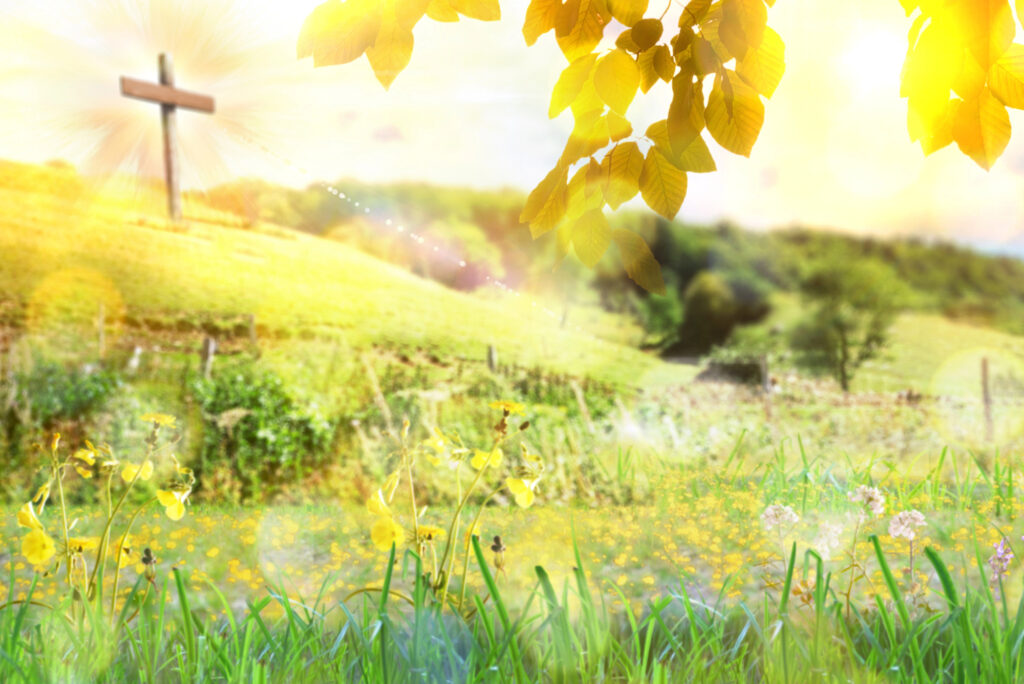
The feast of the Triumph of the Cross, also known as the Exaltation of the Holy Cross, is commemorated on 14 September.
“It was the best of times and it was the worst of times”! How profoundly relevant is this quote for our global society today! While we live in a world where invention – scientifically, medically and digitally, astounds the masses, thousands die from starvation and desperation caused by the atrocities of greed and misguided leadership.
Charles Dickens experienced severe hardship at the age of twelve when his father was incarcerated and he endured the factory job of sticking labels on shoe blackening for three years, to eke out a living for survival. This heavy cross brought out the best in him and enabled him to fight with Christian justice by his writings and messages to society. The quote above from Charles Dickens shows how Jesus’ whole way of living life saved us from living our humanity with impoverishment.
Jesus showed us who God is, and he showed us how to relate with God in the same loving trust he experienced with his Abba. He bore this burden so that we could become Christ in our living and our dying. He wants us to triumph in defending the vulnerable, healing the sick and bringing peace in the world and with each other. He endured a painful suffering and shows his humanity in his plea – My God, my God why have you abandoned me?
The writer, poet Malcom Guite, offers this profound insight:
We see what love can bear and be and do, and here our saviour calls us to his side, his love is free, his arms are open wide.
Justin Farley recognised the triumph over the cross when Jesus suffered pain beyond measure with utter humiliation and vulnerability. He proclaims:
The Crucifixion stands as the greatest act
Of love the world will ever know.
But let us not forget that he didn’t give his life
So that we could ignore action,
But that we may find the faith to take it.
Jesus calls us everyday to discipleship.
It is not enough to be a bystander to the cross.
Are you willing to follow him?
Are you willing to pay the cost?
– Poem Written by Justin Farley
This year of hope calls us to contemplate the cross in the light of the rolled stone, the risen Jesus, the Christ. This is the only way we can envision the meaning of his death. The cross is not the focus of our faith. The centrality of our faith is our hope in the Resurrection. Hope enables us to rise above the evil, bitterness and grief that sometimes beset us and believe more strongly in the Paschal Mystery. By believing in the Triumph of the Cross, the Resurrection, is to believe in the need to be transformed, to enable Jesus the Christ to rise in our hearts each day. This is the triumph!
This is how Charles Dickens and many in horrific circumstances are able to rise above evil and bring transformation and hope. This is the triumph!
Let us consider Justin Farley’s wonderings: Are you willing to follow him? Are you willing to pay the cost?
While we also ponder the following magical experience:
And then Love calls your name, you hear Him say:
The way is open, death has been deposed,
As though some heavy stone were rolled away,
And you are free at last on Easter Day.
Michele Shipperley rsj
